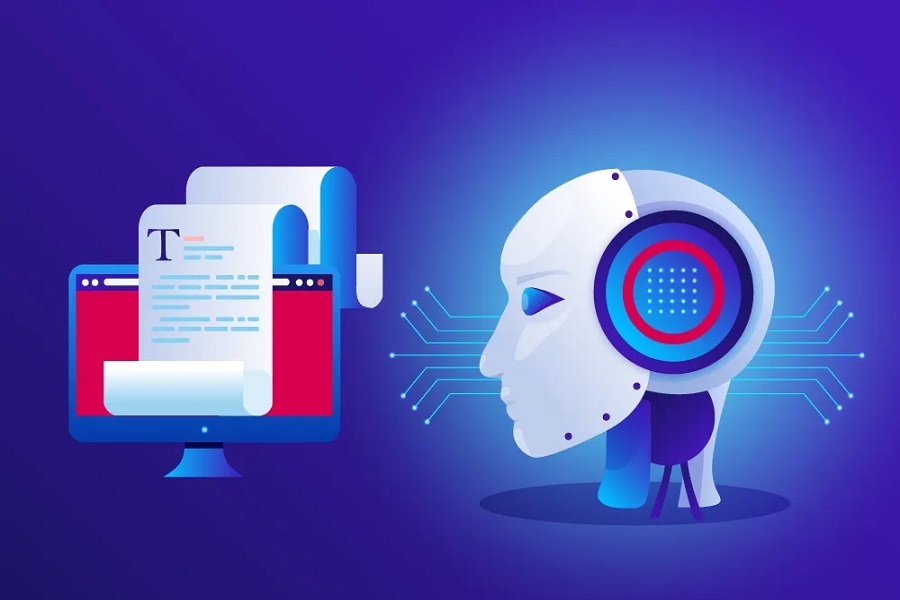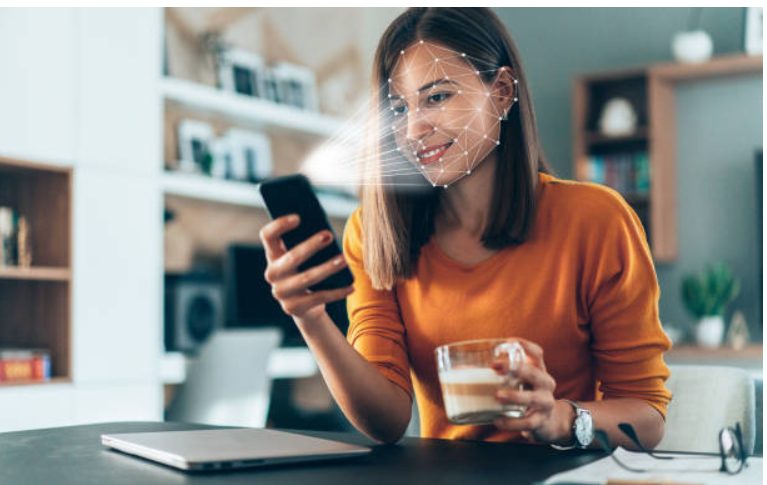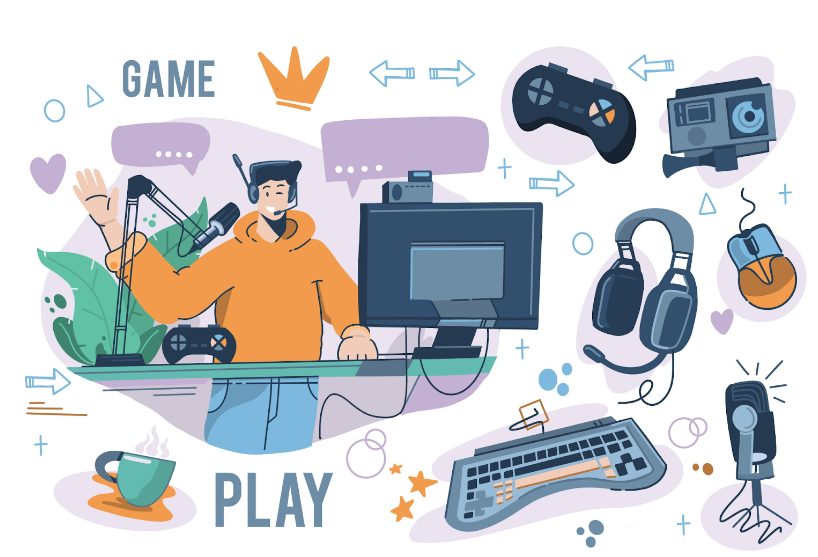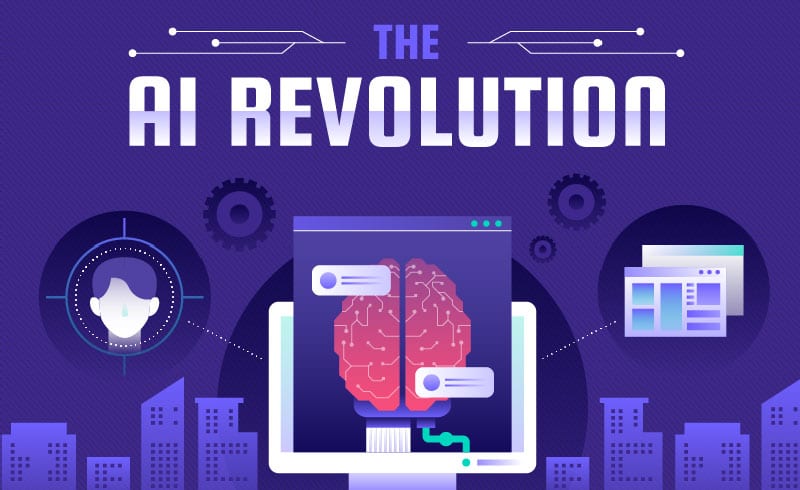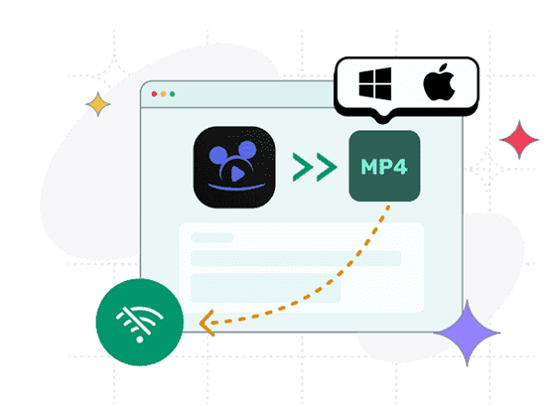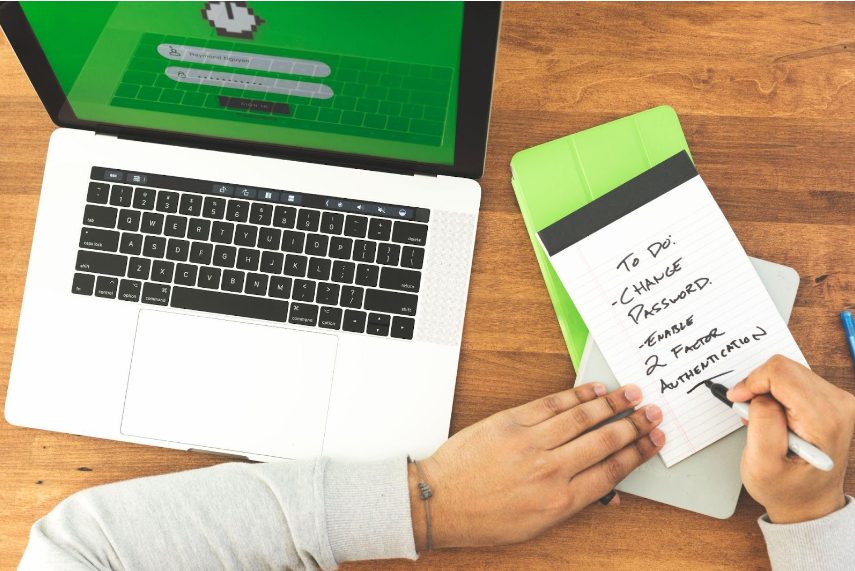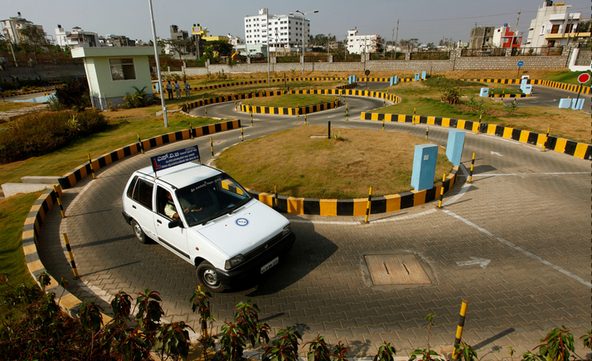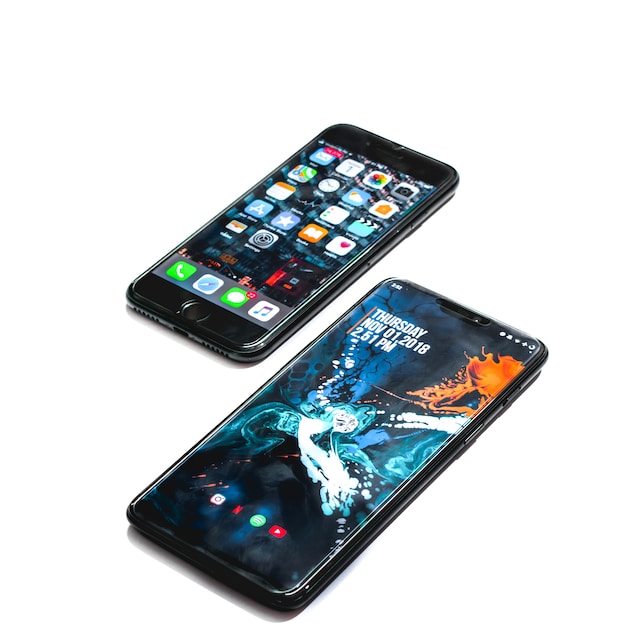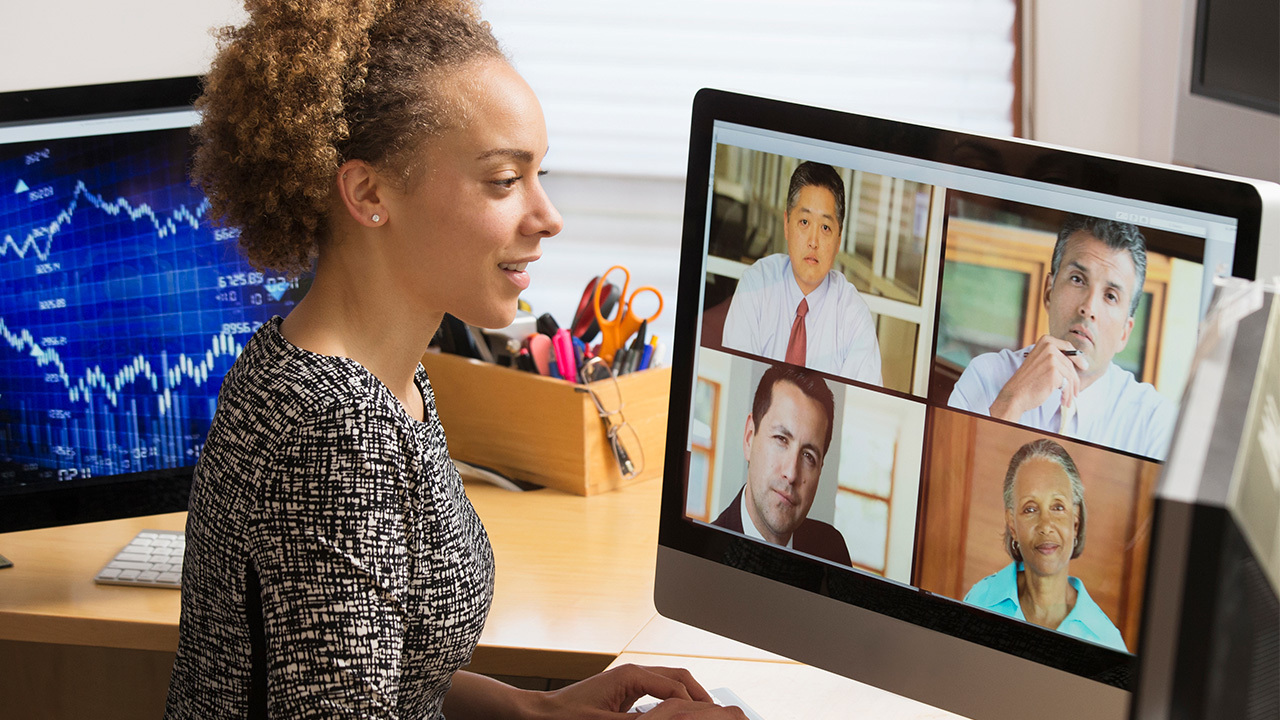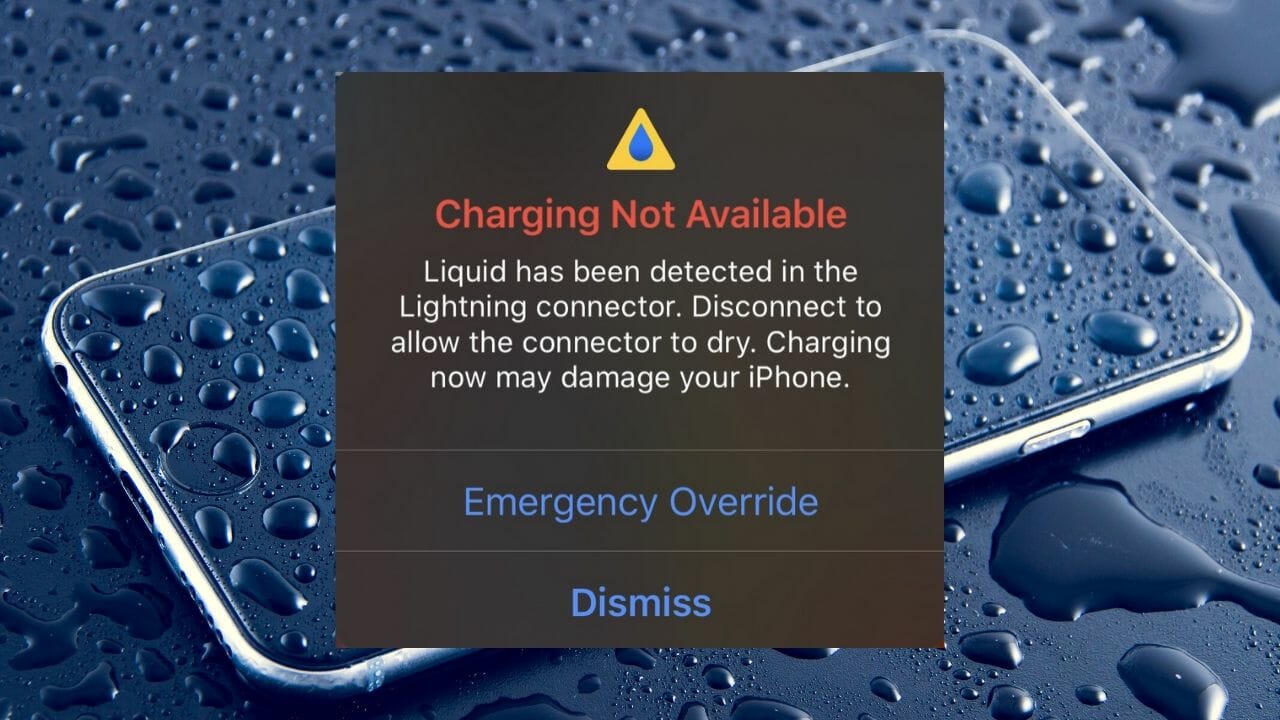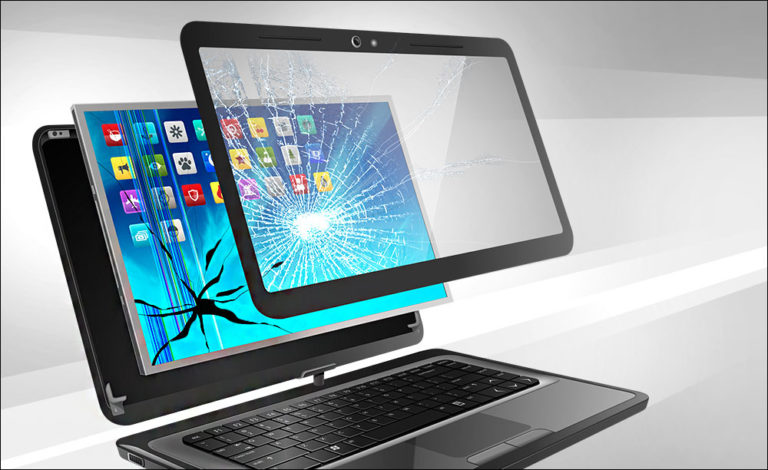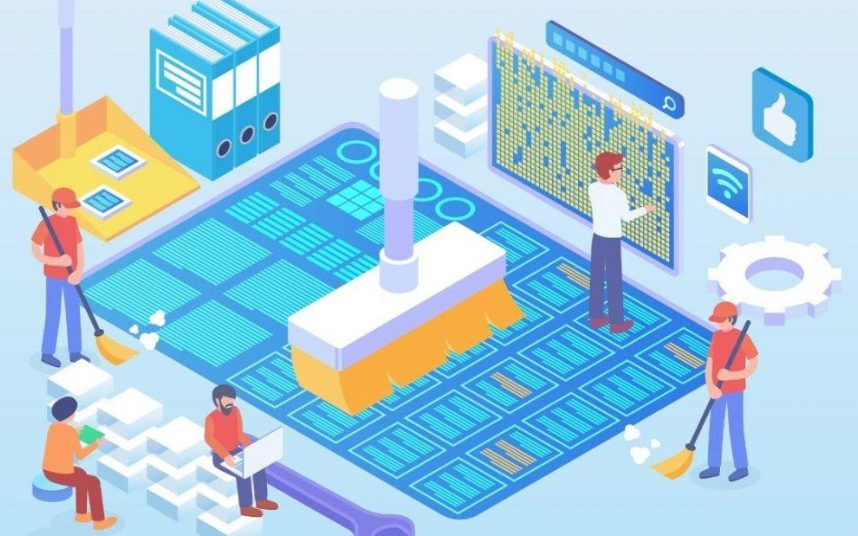Offices are a thing of the past, and remote work is the future. It only took a global pandemic for companies worldwide to realize that we’ve got the tech stack to make office work obsolete. Equipped with Zoom meetings and file sharing, many people became digital nomads and started working from everywhere. But there was one danger to remote work that no one anticipated. Cybercriminals.
Data breaches, ransomware, and phishing attacks now lurk in every corner of the internet. Learning about the threats is not always enough – you still need tools to help you. That’s where virtual private networks (VPNs) come into the spotlight.
A VPN is essential if you want to be a remote worker. Here’s why –
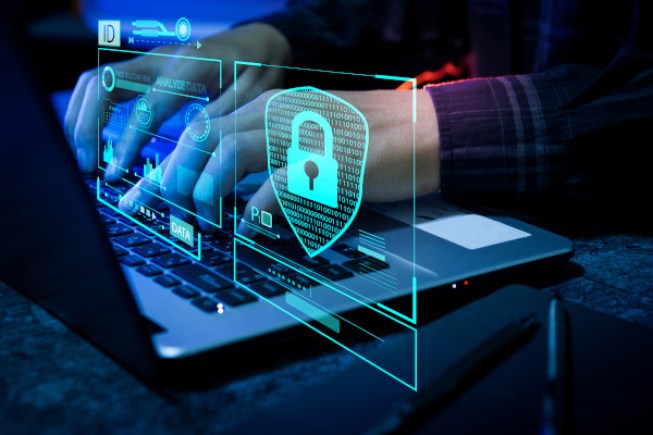
Safely connect to public networks
You need two things to work remotely: a laptop and an internet connection. The latter can become a problem if you constantly connect to free Wi-Fi hotspots.
Hackers blend in with the environment and pose as remote workers too. They wait for unsuspecting victims to log in on their company servers and steal confidential data. They’ll be okay getting personal information, especially if it’s your banking details or social media credentials.
MITM attacks let hackers intercept your communication. If any intercepted data is plaintext (e.g., happening on HTTP websites), they can see everything you type. A VPN encrypts your data in transit, shielding you from interception attacks when connecting to public networks. So make it a habit to turn on your VPN before you start working. Or, opt for a service that automatically connects you to a virtual private network when your device boots up.
One of the best things about VPNs is that you can use them on multiple devices. You don’t need to stop at your work computer. Instead, use the same login on your personal laptop and phone. That way, you’ll be secure wherever you are.
Enhanced security
It’s clear that you need to use a VPN on public Wi-Fi networks. But what about your home or networks that are secured with encryption? A VPN can still come in handy.
A VPN increases your security online no matter what network you use. It masks your real IP address from any website or app you visit. They can’t discover your IP address and virtual location or use your IP to track you online.
Meanwhile, your connection passes through an encryption tunnel and looks like a secret code to anyone who intercepts it. That’s what saves your connection on public Wi-Fi, and that’s what protects it online from hackers, your Internet Service provider, and anyone else trying to take a peak.
It’s one of the best ways to secure data in transit and keep company secrets and sensitive data away from prying eyes.
Remote access to your office computer
If you can’t carry your office computer, remote access is the workaround you’ve been looking for. A remote access VPN allows you to connect to your work PC securely. Of course, VPN is not the only option. Alternatives, such as RDP, SSH, and VNC, are also available but can be slow and insecure compared to a virtual private network.
Usually, workplaces encourage using VPNs. Most companies will provide you with a corporate VPN for remote access. If you prefer to use your personal VPN, check your company policy before you use it to control your onsite PC.
Bypassing geo-restrictions and censorship
The biggest perk of being a remote worker is that you work anywhere in the world. But there are downsides to that.
For example, you can’t always watch your favorite sport online. Sports channels geographically restrict their content to specific countries. So if you plan to watch the NFL, NBA, or Premier League from a tropical beach, you will see an error message. Unless you have a VPN.
The main perk of VPNs is online security, but bypassing geo-restrictions is at a close second. When you change your IP address, the sports channel will believe you’re in the US or the UK, and you won’t miss your favorite team winning a title.
The same goes for countries with heavy censorship. If you want to live and work from China, a VPN is crucial to keep your usual communication channels, such as Gmail or Facebook, available. Without a VPN, you couldn’t access these and many other services.
Lastly, you can use a VPN before your travels to pretend to be local and get better deals. Airlines and hotels use price discrimination to make their services more expensive to outsiders. With a VPN, you can get better deals and go back and forth with your location, depending on your needs.

